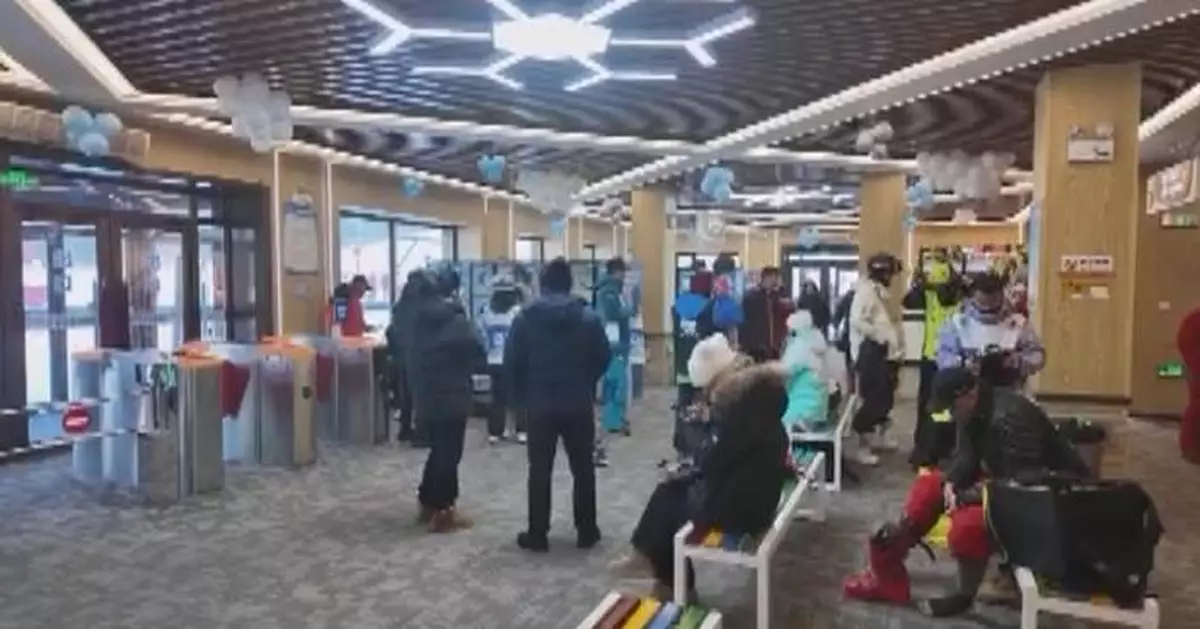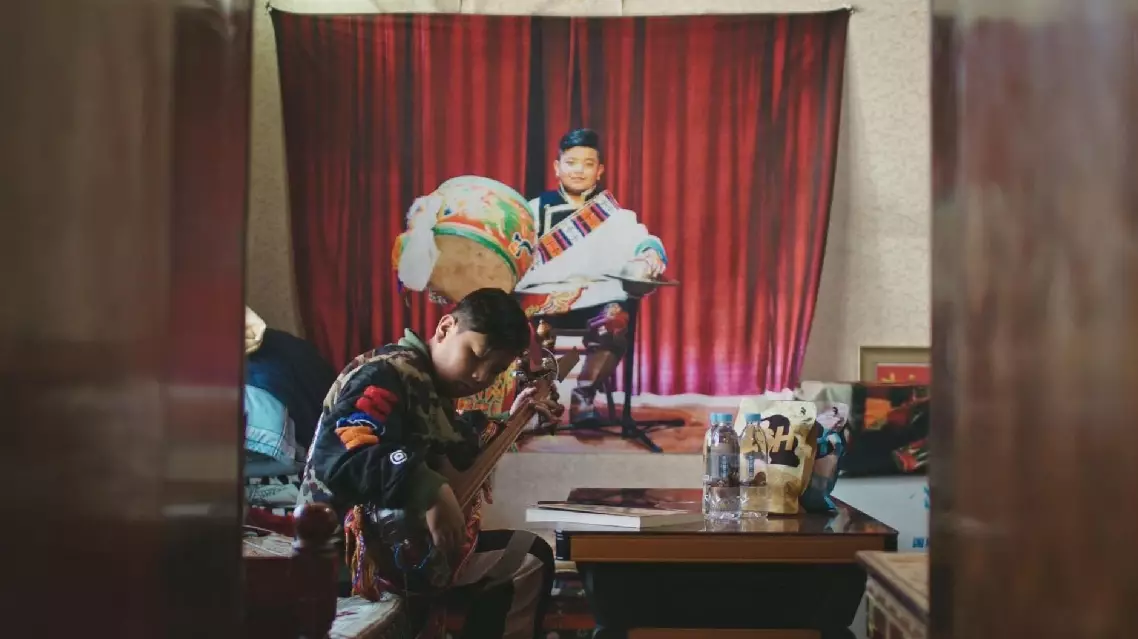Heilongjiang Province, China's northernmost region, attracts flocks of enthusiasts to its ice rinks and ski fields in winter, leveraging its unique natural resources to fuel its ice and snow economy.
From the operation of training programs to the organization of competitions, the province is seeing a surge in public involvement in ice and snow leisure activities.
In Qitaihe City, a short track speed skating competition took place at a local training center, with a total of 46 young athletes aged between six and 15 participating, many of whom come from all over the country.
"Of the more than 80 gold-medal winning athletes who received training here, 60 percent come from all over the country. In the past five years, they have won over 300 gold medals in national-level competitions," said Zhang Jie, a coach at the training center.
In 2022, the city was awarded the "City of Olympic Champions" by the Chinese Olympic Committee for its contribution to China's achievements in high-level winter sports competition. More than 10 Winter Olympic champions and world champions, including Yang Yang, Wang Meng, Sun Linlin and Fan Kexin, are from Qitaihe.
The city has been stepping up efforts to train winter sports talents by building schools that provide short track speed skating training, setting up a training base for the provincial sports team, as well as holding ice and snow sports events.
Over the past two years, over 370 professional athletes from 18 short track speed skating teams have come to Qitaihe for training.
Qiqihar, known as the "City of Ice Hockey," boasts over 200 outdoor ice rinks and a thriving ice hockey culture.
"I have played ice hockey for about ten years. We play indoor in summer and now there are outdoor rinks in the winter. We enjoy a lot and absolutely love this sport," said Wang Jiechun, an ice hockey enthusiast.
The popularity of ice hockey has also spurred growth in related industries. A local ice skate manufacturer has operated at full capacity to fulfill the orders.
Meanwhile, Hegang -- another city in the northeastern part of Heilongjiang -- has launched a public alpine skiing competition, in anticipation of the upcoming Asian Winter Games scheduled for Feb 7 to 14 in the provincial capital city of Harbin.
Since the ski season started, the city's two major ski resorts have received over 3,000 skier visits, generating over 6.26 million yuan (854,000 U.S. dollars) in revenue for related sectors such as tourism, accommodation, and catering.
A report published on Sunday by China Tourism Academy noted that during the 2024-2025 winter season, the number of visitors engaging in ice and snow leisure tourism in China is projected to reach 520 million, with tourism revenue anticipated to surpass 630 billion yuan (86 billion U.S. dollars).
China has aimed to boost its ice and snow economy as a new growth sector, targeting an economic scale of 1.2 trillion yuan (163.7 billion U.S. dollars) by 2027 and 1.5 trillion yuan (204.7 billion U.S. dollars) by 2030.

Northeast China's Heilongjiang spearheads ice-snow tourism boom in China





















































